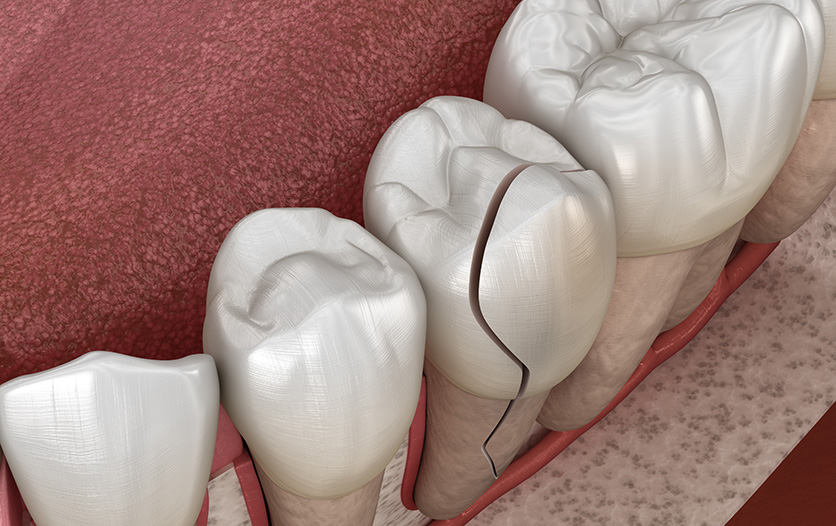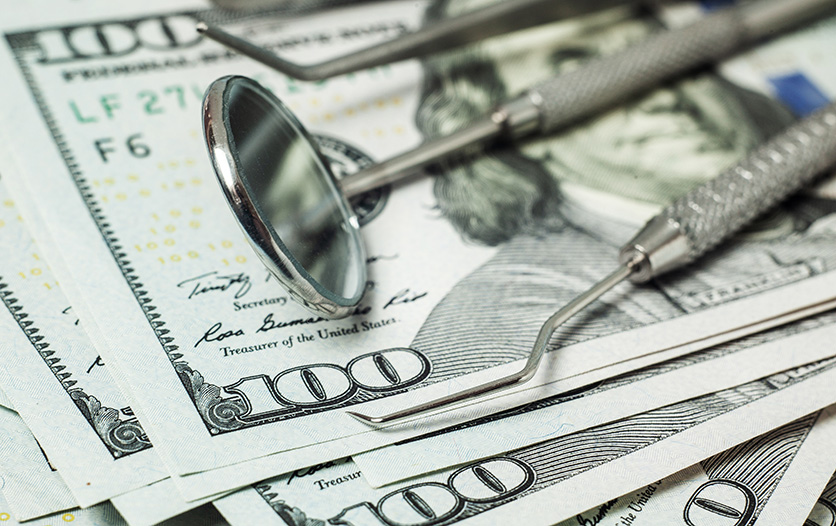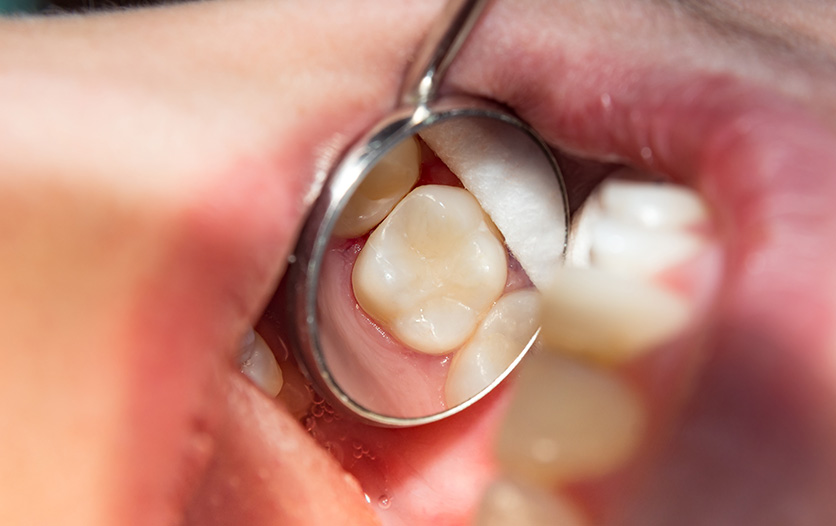
Emergency Dental Care: What You Need to Know
Dental emergencies can occur at any time, leaving you in pain and in need of immediate attention. Whether it’s a severe toothache, a broken tooth, or a knocked-out tooth, knowing how to handle a dental emergency can make a significant difference in the outcome. In this article, we will explore what constitutes a dental emergency, how to handle different situations, and the importance of seeking prompt emergency dental care.
What Are Reasons to Seek Emergency Care?
A dental emergency refers to any situation that requires immediate dental attention to alleviate pain, save a tooth, or prevent further complications. Some common dental emergencies include:
- Severe Toothache: Intense, persistent tooth pain that affects your daily activities and interferes with sleep.
- Broken or Fractured Tooth: When a tooth breaks or fractures due to trauma or biting on a hard object, it can cause pain, sensitivity, and difficulty chewing.
- Knocked-Out Tooth: A tooth that has been completely knocked out of its socket requires immediate attention to increase the chances of saving the tooth.
- Loose or Dislodged Tooth: A tooth that is partially dislodged or loose due to injury or trauma requires immediate evaluation and treatment to prevent further damage.
- Dental Abscess: An infection in the tooth or gum that causes severe pain, swelling, and pus formation. An abscess can be potentially life-threatening if left untreated.
- Lost Dental Filling or Crown: When a dental filling or crown falls out, it exposes the underlying tooth structure, causing sensitivity and potential damage.
Handling Dental Emergencies
Toothache:
- Rinse your mouth with warm saltwater to cleanse the area.
- Gently floss around the affected tooth to remove any debris that may be causing the pain.
- Take over-the-counter pain relievers as directed, but avoid placing them directly on the gum or tooth.
Broken or Fractured Tooth:
- Rinse your mouth with warm saltwater to keep the area clean.
- Apply a cold compress to the outside of the mouth to reduce swelling.
- Save any broken tooth fragments and bring them with you to the emergency dental visit.
Knocked-Out Tooth:
- Handle the tooth by the crown (top) and avoid touching the root.
- Rinse the tooth gently with water to remove any dirt or debris, but do not scrub or remove any tissue fragments.
- Place the tooth back into the socket if possible, or keep it in a container of milk or saliva until you can reach the emergency dentist.
Dental Abscess:
- Rinse your mouth with warm saltwater to reduce pain and swelling.
- Avoid applying heat to the affected area as it can worsen the infection.
- Seek immediate dental care, as an abscess requires professional treatment to prevent the spread of infection.
Lost Dental Filling or Crown:
- Try to gently clean the inside of the crown or filling and place it back onto the tooth using dental adhesive or temporary dental cement, available at most pharmacies.
- If unable to reattach the restoration, bring it with you to the emergency dental visit.
The Importance of Seeking Emergency Dental Care
Seeking prompt emergency dental care is essential for several reasons:
- Pain Relief: Dental emergencies can cause severe pain and discomfort. Emergency dental care aims to alleviate pain and provide immediate relief.
- Save Teeth: Quick action increases the chances of saving a knocked-out tooth or reattaching a broken tooth fragment. Time is critical in these situations.
- Prevent Complications: Dental emergencies, if left untreated, can lead to further complications, such as infection, tooth loss, or damage to surrounding tissues.
- Preserve Oral Health: Timely intervention ensures the preservation of your oral health and prevents issues from escalating into more extensive and expensive treatments.
Finding The Right Care
In a dental emergency, it’s important to contact an emergency dentist or dental clinic as soon as possible. Many dental practices have emergency dental services and are equipped to handle urgent situations outside of regular office hours.
If you’re unsure of where to go for emergency dental care, consider the following options:
- Contact your regular dentist: They may have emergency contact information available or be able to provide guidance on where to seek immediate dental care.
- Local dental association or helpline: Check if your area has a dental association or helpline that can provide information on emergency dental services in your community.
- Online search: Use online search engines or directories to find emergency dentists near you. Read reviews and check their hours of operation to ensure they can accommodate your needs.
Remember, dental emergencies can happen unexpectedly, so it’s a good idea to be prepared by researching and saving emergency dental contact information beforehand.
Final Word
Dental emergencies require immediate attention to alleviate pain, prevent complications, and preserve oral health. Knowing what constitutes a dental emergency and how to handle different situations can make a significant difference in the outcome. If you experience a dental emergency, contact a dentist or dental clinic promptly. Seeking professional emergency dental care ensures that you receive the necessary treatment and support when you need it most, helping you regain comfort and maintain a healthy smile.
At Evers Dental, we have the expertise and range of dental services to put you on the road to recovery. Contact us today.
Read More
Why are fluoride treatments so good for your teeth?
How long does a tooth filling last
All your questions answered about dental crowns




